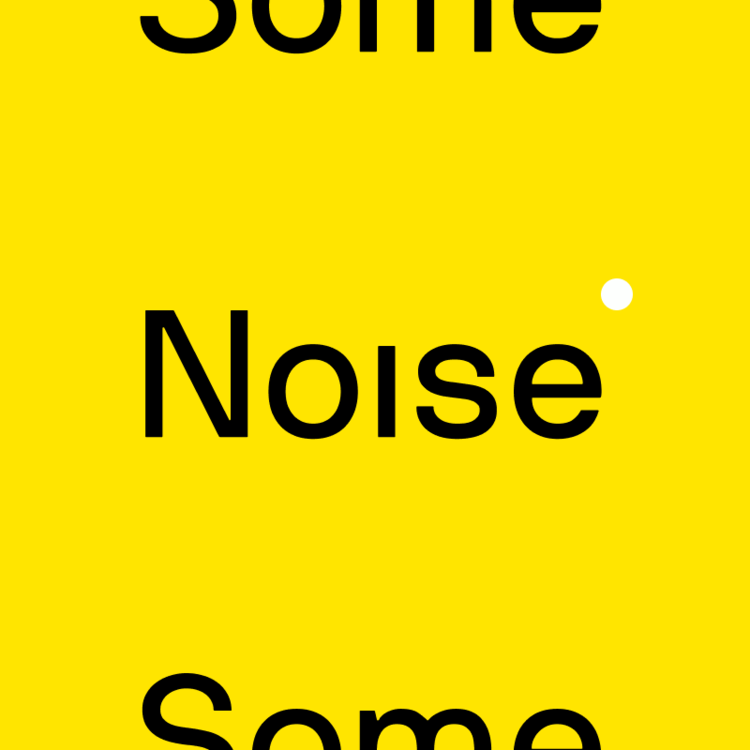“You have boys flying kites again in Afghanistan”
About
Rumi is a tricky one.
The poet was born in modern-day-Afghanistan, yet Iranians and Turks, respectively, claim he is theirs.
And White folks? They’ve already co-opted his 13th-century Islamic poetry for a woo-woo wave of 21st-century wellness and online spirituality spread mercilessly over Instagram and Pinterest.
But Rumi never claimed to be Afghan (or in his case, someone from Khorasan). In one of his more popular poems, he writes, in verse*:
I am not from India, nor China, nor Bulgaria, nor Turkestan;
I am not from the kingdom of the two Iraqs, nor from the earth of Khurasan.
Neither of this world, nor the next, I am, nor of Heaven, nor of Hell
When three different countries fight over a dead poet, there’s clearly some sort of insecurity behind the social posturing. Or maybe Rumi just had the foresight to avoid the whole being tied to your national identity thing? What if he thought there was just more to life? Or perhaps he had predicted a feud over his national identity would take place many centuries after his passing and just opted to avoid the whole thing as a just in case?
But not everyone is as lucky. Oh, the privilege.
And what a privilege it is to publish a story about the broader theme of culture and identity, specifically for Afghanistan’s diaspora living in the States, like those on that third-culture-wave, when Afghans from the home country are left dealing with far harsher realities.
The diaspora’s dilemma pales in comparison (if you’re that foolish to try and compare the two) to their dilemma. No less, it is still a dilemma.
With that in mind, Part I of this multi-part story dives into that nebulous question...what does it really mean to be Afghan? Really, what does it mean to be from anywhere?
This is a tricky one.
Show Notes:
[00:45] “The Layers of Heaven” by Jovica
[02:15] “I Know A Way Through” by Phillip Ayers
[03:30] “Afghan National Anthem”
[06:05] 2010 Census data on the number of Afghans in America
Related: Some of the other largest ethnic groups in America
Related: Light reading on Dearborn, Mich.
Related: Light reading on Egyptians in Jersey City (h/t @Saressaa)
Related: Light reading on Iranians in Glendale / Tehrangeles
[07:10] More on the Kalacha
On the real estate
The surrounding area
And some other stats
[07:50] “Don’t Say No” by Mike Franklin
[08:40] Light reading on Flushing
[08:50] Light reading on the local soccer club scene
[12:05] “Burnin’ Things” by Mike Franklin
[14:35] Light reading on Rumi
And the debate over where Rumi is from
[16:55] More reading on consumerism and American culture
[19:05] More on Jamil Jan Kochai (@jamiljankochai)
Read his book, 99 Nights in Logar
2020 Pen Award finalist for debut novel
[19:20] Light reading on Logar, Afghanistan
[19:45] “Khaista Logar De”
[20:05] Afghanistan by Mohammad Hassan Kakar
[21:45] “Antidote X” by Van Sandano
[21:45] George W. Bush announcement of the U.S. invasion of Afghanistan on Oct 7, 2001
[21:50] President George W. Bush’s comments in December 2008
[22:25] President Barack Obama’s comments on drone strikes in 2013
[23:00] President Donald Trump comments on US Afghan war in 2019
[23:45] Rory Stewart’s two-part documentary series: Afghanistan: The Great Game
[24:30] John Rambo’s history lesson of Afghanistan in Rambo III
Related: this was propaganda
Related: the Rambo musical score
[28:30] “Desert Hideout” by Christoffer Moe Ditlevsen
[31:00] “Wandering Soul” by Gabriel Lewis
[31:10] Light reading on the rise of the median home price vs the median household income
[31:20] Light reading on the increase of the cost of education
[31:30] Light reading on the rising cost of healthcare over the past few decades
[32:19] “Playing Metal Gear Solid V: The Phantom Pain” by Jamil Jan Kochai
[32:25] Light reading on Metal Gear Solid V: The Phantom Pain
[33:10] “The Early Eagle” by Jon Sumner
[35:25] Shout out to the prologue
[38:10] Light reading on Dari vs Farsi
[38:15] Light reading on the attan
[39:45] “Nysnö” by Sandra Marteleur
[40:00] Light reading on the history of slavery in the U.S.
Related: Seeing White
[41:15] Light reading on
[43:25] “Mountain Solitude” by Moorland Songs
[44:15] “Good words, good thoughts and good deeds.”









